Our guts are teeming with tiny micro-organisms – in fact there are 10 times more bacteria cells in the gut than there are human cells.
This environment of micro-organisms, known as the “microbiota”, are kept in harmony with the help of a wholesome diet rich in prebiotics and probiotics.
Prebiotics are the fibrous material in foods like onions and apples that are like food for the bacteria in the gut.
Probiotics, on the other hand, are usually bacteria found in fermented foods.
These fermented foods contain a range of bacteria but for them to be considered a “probiotic” they must have clinical evidence of their health benefits.
Then, of course, they need to survive processing and the treacherous journey through our gut.
To be sure your foods contain probiotics, look for products labelled with “live and active cultures”.
Pictured below are my top probiotic foods to add to your diet.
Kefir
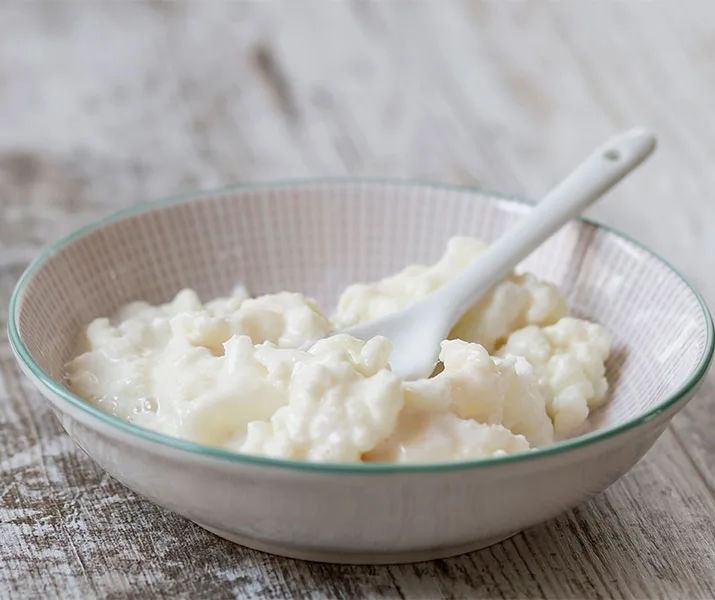
Kefir is one of the best foods you can eat for a healthy gut.
(Credit: Getty)Kefir is like yoghurt, as it can be made on a diary or non-dairy liquid, but it is fermented using kefir “grain”, which is in fact a group of bacteria and yeast.
This means it typically provides a wider variety of probiotic strains than yoghurt.
Fermented vegetables
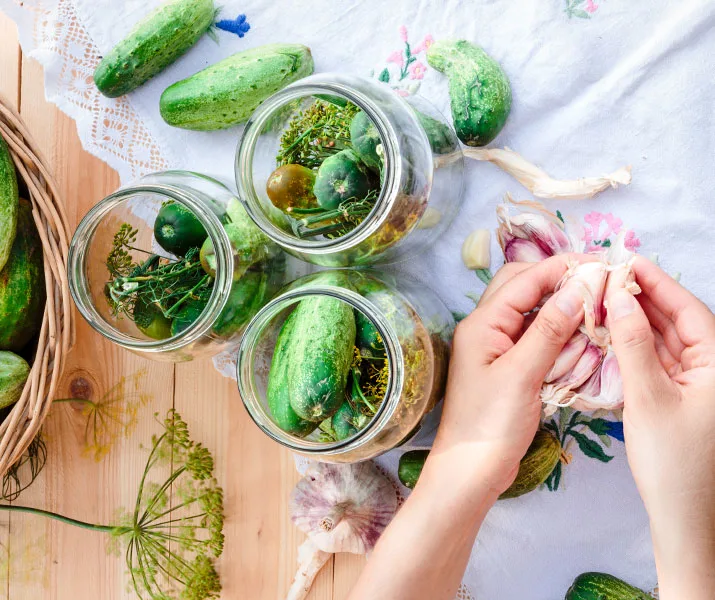
You can make your own fermented vegetables at home.
(Credit: Getty)The most popular are probably sauerkraut and kimchi, which are both based on shredded and fermented cabbage, but Korean kimchi also adds chilli, garlic and ginger to get its great flavour.
Kombucha

Kombucha is one of the best alternatives to soft drink. Low in sugar and good for gut health.
(Credit: Getty)Kombucha is a tea, fermented using a SCOBY (symbiotic culture of bacteria and yeast) to make it into a fizzy, tangy drink available in a variety of flavours.
The probiotic (and sugar!) content of kombucha will vary between brands.
A raw kombucha is likely to have more live cultures, however it is not safe to drink for pregnant or immune-compromised people.
Yoghurt
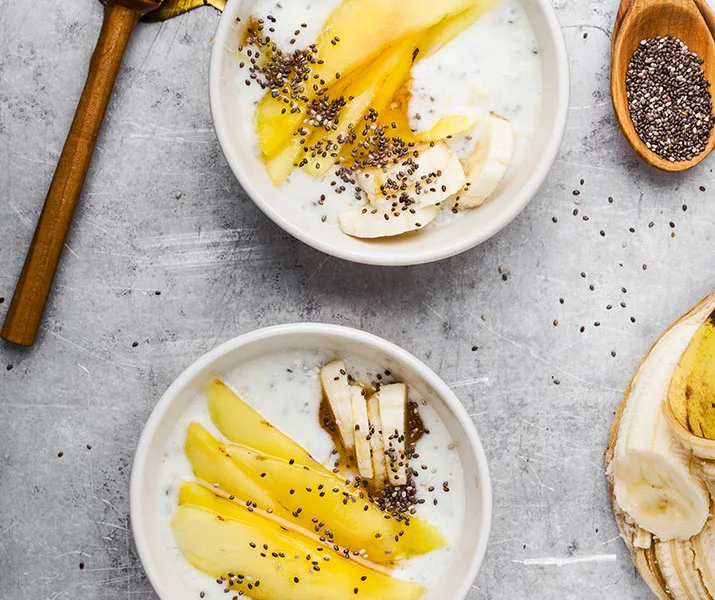
Dairy, organic or natural yoghurt will all give you a good dose of probiotics.
(Credit: Getty)Yoghurt is the original probiotic food made by adding bacteria to dairy milk, which converts the natural lactose into lactic acid and thickens and sours the milk.
There are now so many varieties of yoghurts available, but beware – some flavoured or low-fat varieties can have a high sugar content.
Natural or plain yoghurt are the best options.
WATCH: Why fibre is so important for gut health. Story continues…
Tempeh
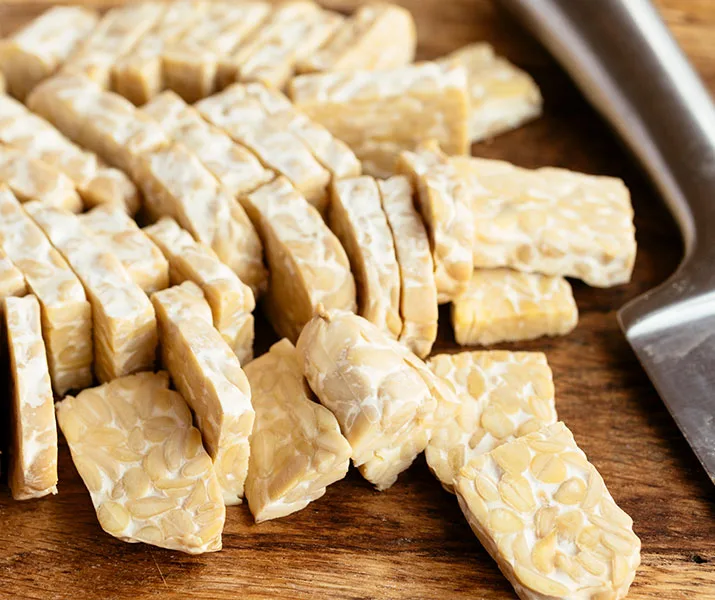
Tempeh is found in a lot of Asian cooking styles.
(Credit: Getty)Tempeh is made by fermenting whole soy beans and setting it into a firm, chewy block.
This fermentation process boosts its nutritional profile quite considerably, helping to make it easier to digest and a good source of some active probiotic strains.
Miso
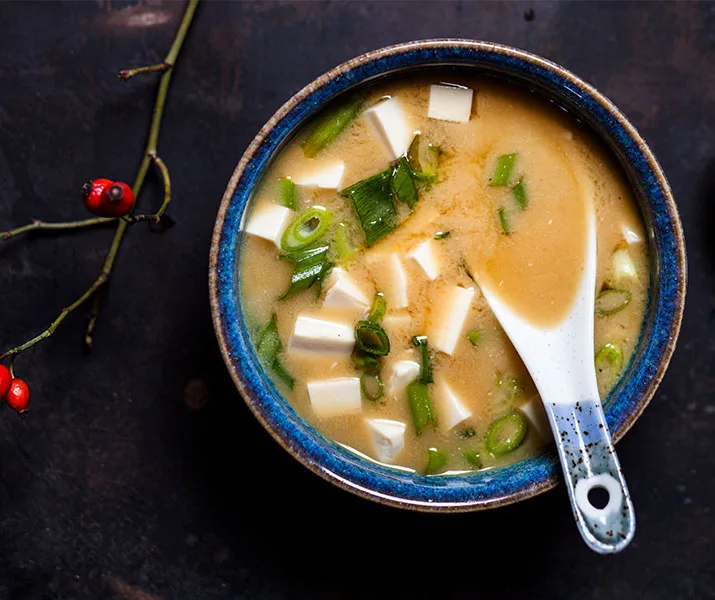
Wanting to add some Japanese flavour into your next dinner? Chances are you’ll find miso paste at your local shops!
(Credit: Getty)Miso is made by fermenting soy beans with a fungus, which creates a thick paste.
We most commonly associate it as a soup served at Japanese restaurants, but miso paste is widely available these days and can be used as the base of a marinade, smeared over baked eggplant or as part of a Japanese-style salad dressing.





